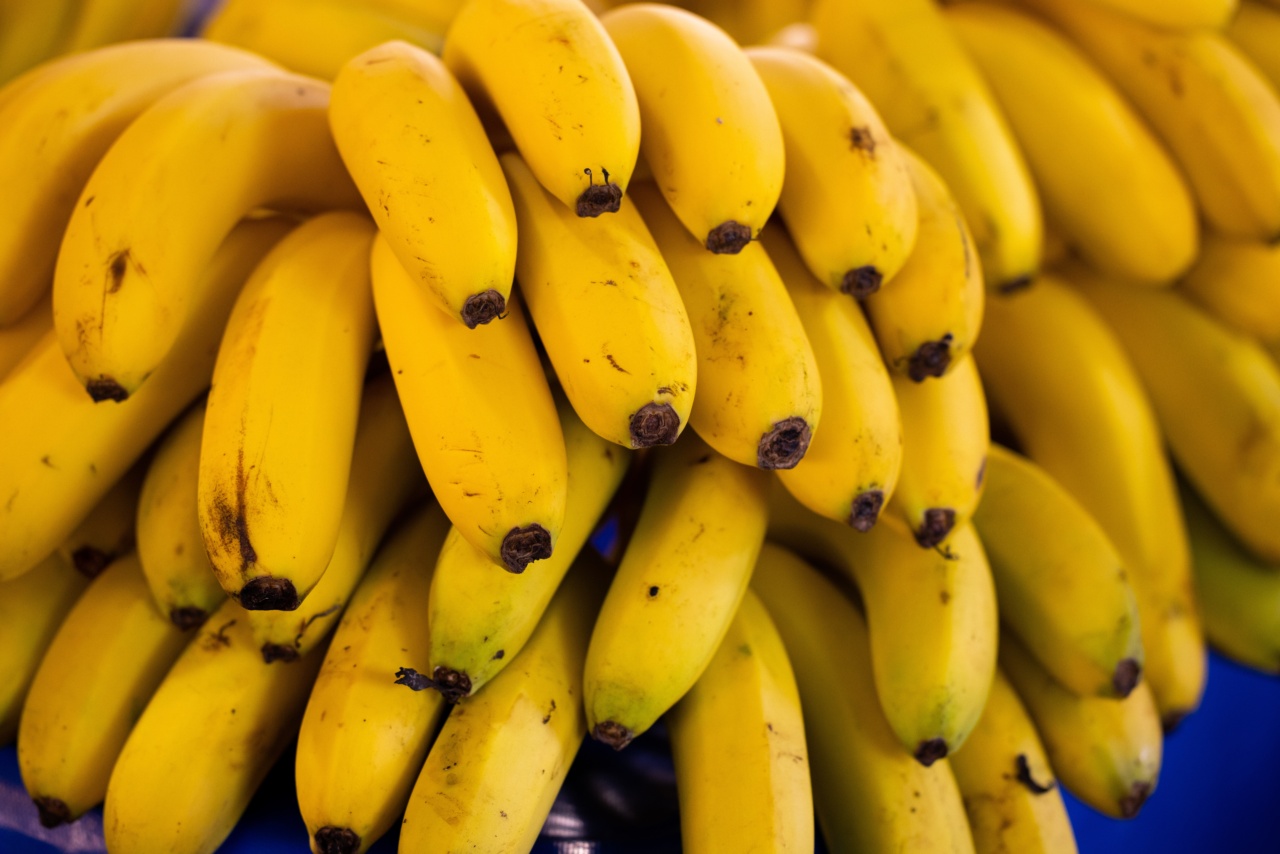Potassium is an important mineral that plays a key role in various bodily functions, including maintaining a healthy blood pressure, proper muscle function, and aiding in the overall function of the nervous system.
Why is Potassium So Important?
Potassium is an essential nutrient that helps regulate fluid balance, muscle contractions, and nerve signals in the body. Low potassium levels can lead to a number of health issues, such as high blood pressure, heart disease, and stroke.
How Much Potassium Do You Need?
The recommended daily intake of potassium for adults is around 2,500-3,000 mg. However, individual needs may vary based on age, sex, and overall health.
Best Sources of Potassium
There are a variety of foods that are high in potassium, including:.
- Bananas – one medium banana contains about 400 mg of potassium
- Sweet potatoes – one medium sweet potato contains about 600 mg of potassium
- Avocado – one medium avocado contains about 700 mg of potassium
- Spinach – one cup of cooked spinach contains about 800 mg of potassium
- Salmon – 3 ounces of cooked salmon contains about 450 mg of potassium
Other Foods High in Potassium
In addition to the foods listed above, there are many other foods that are high in potassium, including:.
- Tomatoes and tomato paste
- Mushrooms
- Beans and legumes
- Oranges and orange juice
- Coconut water
Best Ways to Maximize Potassium Intake
Here are some tips and tricks to help you maximize your potassium intake:.
- Eat a variety of fruits and vegetables, particularly those that are high in potassium
- Cook with herbs and spices – many contain high levels of potassium
- Drink coconut water instead of sports drinks – coconut water is a natural source of potassium and electrolytes
- Snack on nuts and seeds – many are high in potassium
- Swap out your regular pasta and rice for whole-grain options, which tend to be higher in potassium
Potassium Deficiency
If you don’t get enough potassium in your diet, you may experience symptoms like muscle weakness, fatigue, and even heart palpitations. If you suspect you have a potassium deficiency, speak to your healthcare provider.
Conclusion
Potassium is a vital nutrient that our bodies need to function properly.
By incorporating more potassium-rich foods into your diet and making some simple substitutions, you can easily maximize your potassium intake and enjoy the many benefits it provides.































